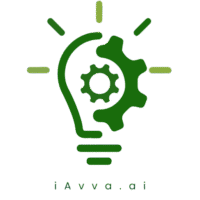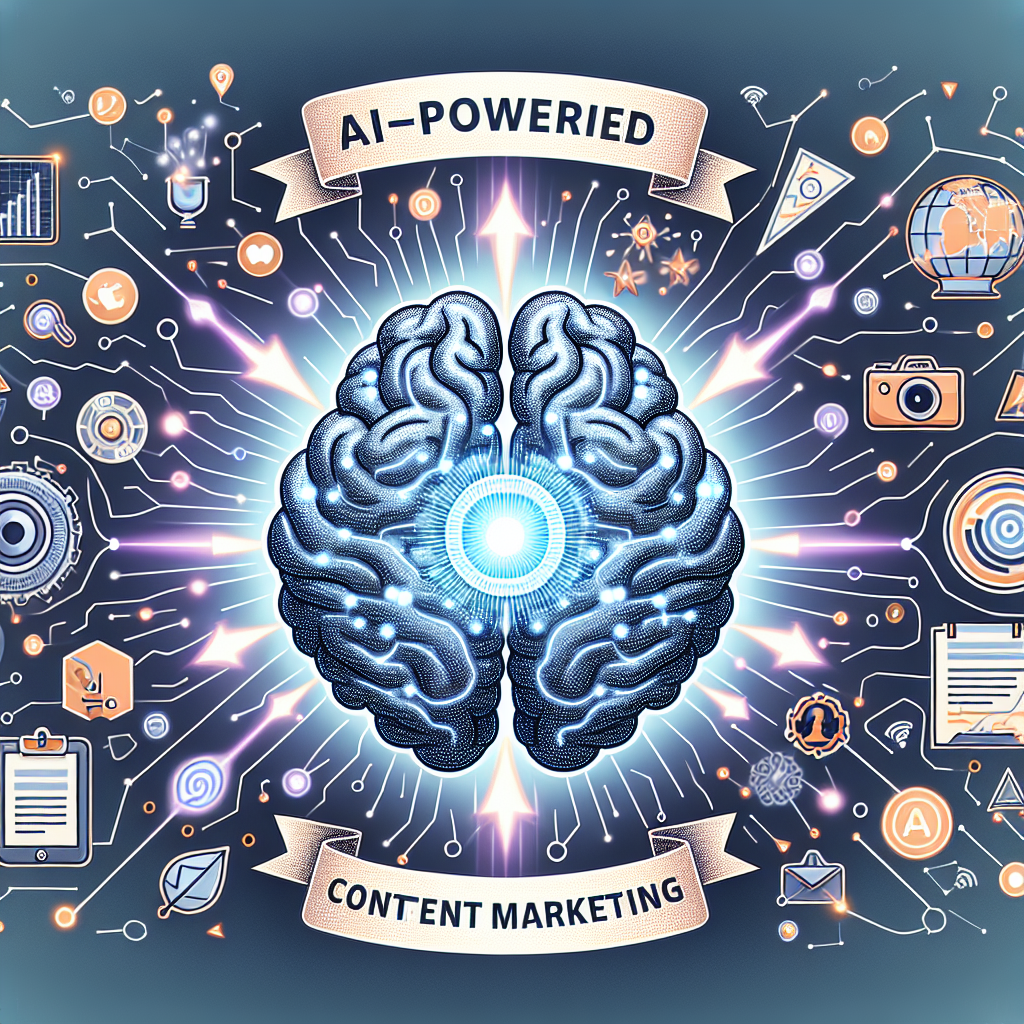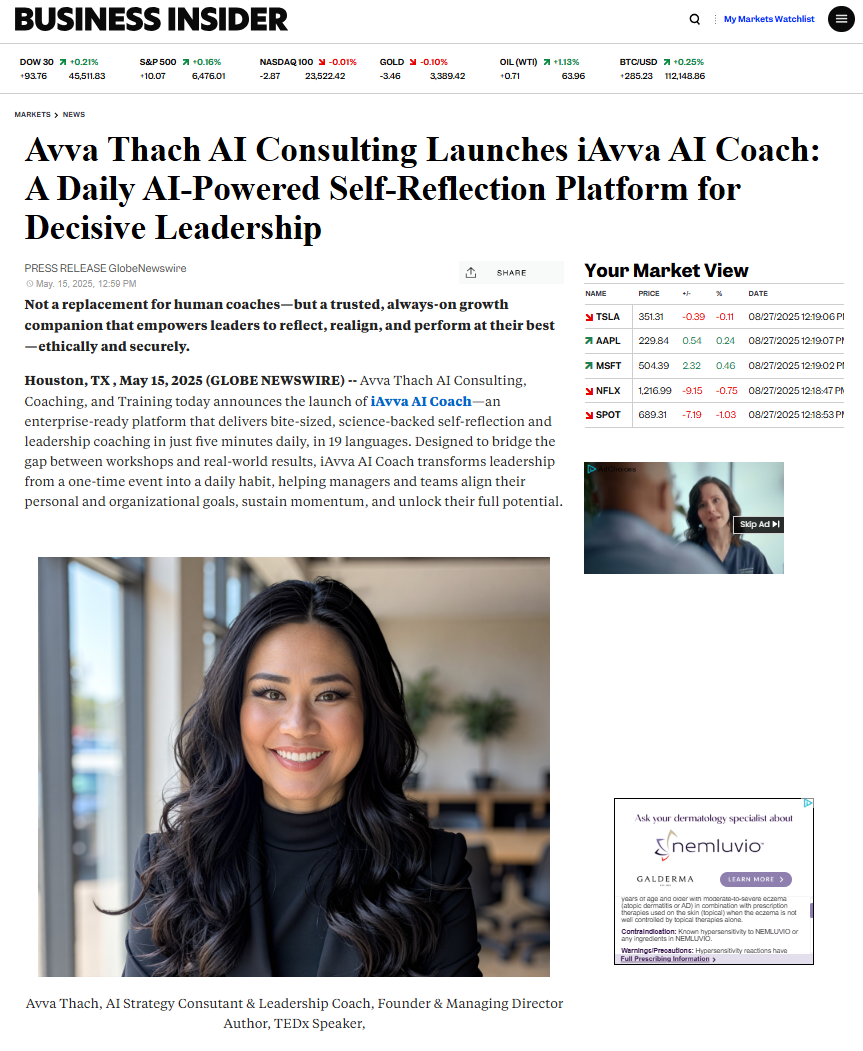In the rapidly evolving landscape of technology and career development, the role of an AI coach has emerged as a transformative force. An AI coach is not merely a digital assistant; it is a sophisticated system designed to provide personalized guidance, support, and insights tailored to individual career aspirations. By leveraging advanced algorithms and machine learning, AI coaches analyze user data to offer actionable advice, helping individuals navigate their professional journeys with greater clarity and confidence.
This innovative approach to career coaching democratizes access to expert guidance, making it available to anyone with an internet connection. The essence of an AI coach lies in its ability to adapt to the unique needs of each user. Unlike traditional coaching methods that often rely on a one-size-fits-all approach, AI coaches utilize data-driven insights to create customized experiences.
They can identify strengths and weaknesses, suggest relevant resources, and even simulate potential career paths based on user preferences and market trends. This level of personalization not only enhances the coaching experience but also empowers individuals to take ownership of their career development, fostering a sense of agency in an increasingly complex job market. Visit iAvva Store
Key Takeaways
- An AI coach can provide personalized guidance and support for career development
- Key skills and competencies for career growth include adaptability, communication, and leadership
- Building a personalized learning plan is essential for continuous improvement and skill development
- Leveraging data and analytics can help track progress and identify areas for improvement
- Integrating AI technology and tools can enhance learning and development opportunities
Identifying Key Skills and Competencies for Career Growth
As we navigate the complexities of the modern workforce, identifying key skills and competencies becomes paramount for career growth. The digital age demands a diverse skill set that transcends traditional boundaries. Technical skills such as data analysis, coding, and digital marketing are essential, but equally important are soft skills like emotional intelligence, adaptability, and effective communication.
Employers are increasingly seeking candidates who can not only perform tasks but also collaborate effectively within teams and adapt to changing circumstances. To thrive in this dynamic environment, individuals must engage in continuous learning and self-assessment. This involves not only recognizing existing skills but also identifying gaps that need to be filled.
For instance, a marketing professional may excel in content creation but lack proficiency in data analytics. By pinpointing these areas for improvement, individuals can focus their efforts on acquiring new competencies that align with their career goals. Moreover, leveraging resources such as online courses, workshops, and mentorship programs can facilitate skill development and enhance employability in a competitive job market.
Building a Personalized Learning Plan
Creating a personalized learning plan is a crucial step in achieving career growth and success. This plan serves as a roadmap, guiding individuals through their professional development journey while ensuring that they remain focused on their goals. A well-structured learning plan begins with a thorough self-assessment, allowing individuals to evaluate their current skills, interests, and aspirations.
By understanding where they stand, individuals can set realistic and achievable objectives that align with their long-term career vision. Once the objectives are established, the next step is to identify the resources and learning opportunities available. This may include enrolling in online courses, attending industry conferences, or seeking mentorship from experienced professionals.
The beauty of a personalized learning plan lies in its flexibility; it can be adjusted as new opportunities arise or as career goals evolve. By regularly revisiting and refining the plan, individuals can ensure that they remain on track toward achieving their aspirations while adapting to the ever-changing demands of the job market.
Leveraging Data and Analytics for Continuous Improvement
In an age where data reigns supreme, leveraging analytics for continuous improvement is essential for career advancement. Data-driven decision-making allows individuals to gain insights into their performance, identify trends, and make informed choices about their professional development. By utilizing tools such as performance metrics, feedback surveys, and industry benchmarks, individuals can assess their progress and pinpoint areas for enhancement.
Moreover, data analytics can provide valuable insights into market trends and emerging skills that are in high demand. For instance, by analyzing job postings and industry reports, individuals can identify which competencies are sought after by employers in their field. This information can inform their learning plans and help them stay ahead of the curve.
Embracing a data-driven mindset not only fosters continuous improvement but also positions individuals as proactive learners who are committed to their professional growth.
Integrating AI Technology and Tools
The integration of AI technology and tools into career development strategies is revolutionizing the way individuals approach their professional journeys. From AI-powered resume builders to virtual interview simulators, these tools offer innovative solutions that enhance the job search process. For instance, AI algorithms can analyze resumes against job descriptions to provide tailored feedback, helping candidates optimize their applications for better chances of success.
Furthermore, AI tools can facilitate personalized learning experiences by recommending courses or resources based on individual preferences and career goals. By harnessing the power of AI, individuals can streamline their learning processes and access relevant information more efficiently. This integration not only saves time but also empowers individuals to make informed decisions about their career paths.
As technology continues to advance, embracing AI tools will become increasingly essential for those seeking to thrive in a competitive job market.
Creating a Supportive and Motivating Environment
A supportive and motivating environment is crucial for fostering personal and professional growth. Surrounding oneself with positive influences—be it mentors, peers, or supportive family members—can significantly impact an individual’s motivation and resilience. In a world where challenges are inevitable, having a network of encouragement can provide the necessary boost to overcome obstacles and stay focused on goals.
Creating such an environment involves actively seeking out relationships that inspire growth.
Joining professional organizations or networking groups can connect individuals with like-minded professionals who share similar aspirations. Additionally, engaging in collaborative projects or seeking mentorship opportunities can provide valuable insights and encouragement from those who have navigated similar paths.
By cultivating a supportive community, individuals can enhance their motivation and create a sense of accountability that propels them toward success.
Measuring and Evaluating Progress
Measuring and evaluating progress is an integral part of any career development journey. Without clear metrics for success, it becomes challenging to assess whether one is moving in the right direction.
Establishing key performance indicators (KPIs) allows individuals to track their achievements over time and identify areas for improvement.
These KPIs could range from completing specific courses to achieving certain milestones in one’s career. Regularly reviewing progress not only provides insight into what is working but also highlights areas that may require adjustment. For instance, if an individual finds that they are consistently falling short of their learning objectives, it may be time to reassess their approach or seek additional resources.
This iterative process of evaluation fosters a growth mindset—one that embraces challenges as opportunities for learning rather than setbacks. By measuring progress consistently, individuals can celebrate their successes while remaining committed to continuous improvement.
Adapting and Evolving with Changing Career Goals
In today’s fast-paced world, adaptability is key to long-term career success. As industries evolve and new opportunities arise, individuals must be willing to reassess their goals and adjust their strategies accordingly. This requires a proactive mindset—one that embraces change rather than shying away from it.
By staying attuned to industry trends and emerging technologies, individuals can position themselves at the forefront of innovation. Moreover, adapting to changing career goals involves being open to new experiences and challenges. This could mean exploring different roles within one’s field or even pivoting to an entirely new industry if it aligns with personal passions and aspirations.
Embracing flexibility allows individuals to seize opportunities that may not have been part of their original plan but could lead to fulfilling careers nonetheless. Ultimately, the ability to adapt ensures that individuals remain relevant in an ever-changing job market while pursuing paths that resonate with their evolving ambitions. In conclusion, navigating the complexities of career growth requires a multifaceted approach that encompasses understanding the role of AI coaching, identifying key skills, building personalized learning plans, leveraging data analytics, integrating technology, creating supportive environments, measuring progress, and adapting to change.
By embracing these principles with determination and resilience, individuals can chart their own paths toward success in an increasingly competitive landscape. The journey may be challenging at times, but with the right mindset and resources at hand, the possibilities for growth are limitless.
FAQs
What is an AI coach?
An AI coach is a virtual assistant powered by artificial intelligence that provides personalized guidance, feedback, and support to help individuals improve their skills, achieve their goals, and enhance their performance in various aspects of their lives, including their careers.
How can an AI coach impact a career?
An AI coach can impact a career by providing personalized and continuous support to help individuals identify and develop their strengths, improve their weaknesses, set and achieve career goals, enhance their productivity, and make informed decisions to advance their careers.
What are the benefits of building an AI coach for career development?
Building an AI coach for career development can provide benefits such as personalized and scalable coaching, continuous feedback and support, access to data-driven insights, improved decision-making, enhanced skill development, and increased productivity and performance.
What are the key components of building an AI coach for career development?
The key components of building an AI coach for career development include defining the coaching objectives, designing personalized coaching programs, integrating AI technologies for data analysis and personalized recommendations, and ensuring privacy and security of user data.
What are the challenges of building an AI coach for career development?
Challenges of building an AI coach for career development may include ensuring the accuracy and reliability of AI recommendations, addressing privacy and ethical concerns, integrating with existing systems and tools, and providing a seamless user experience.












Leave a Reply